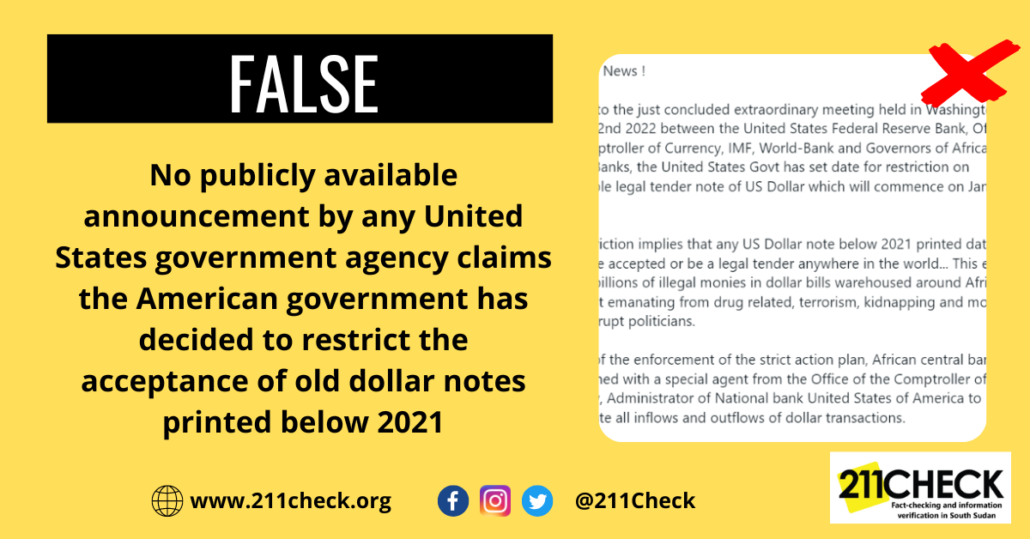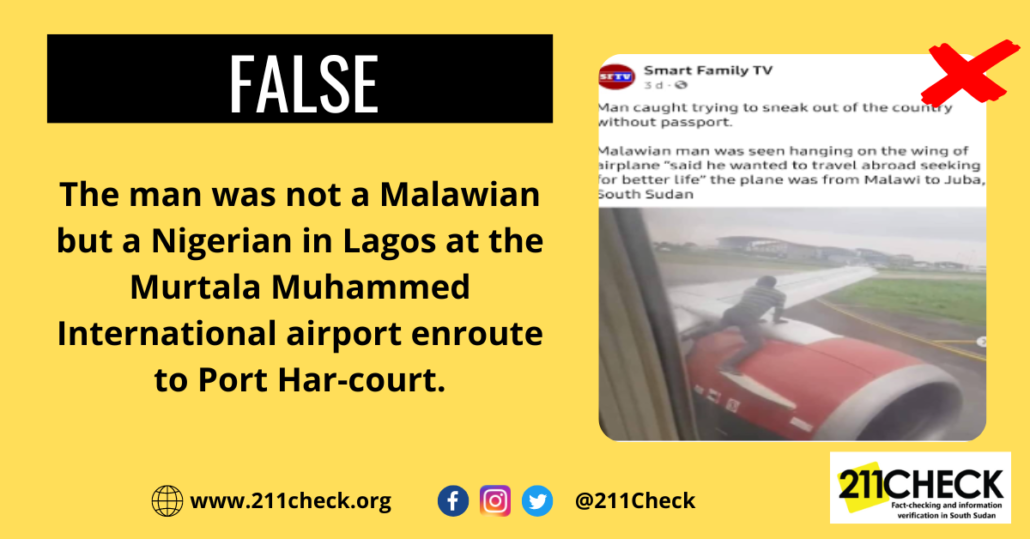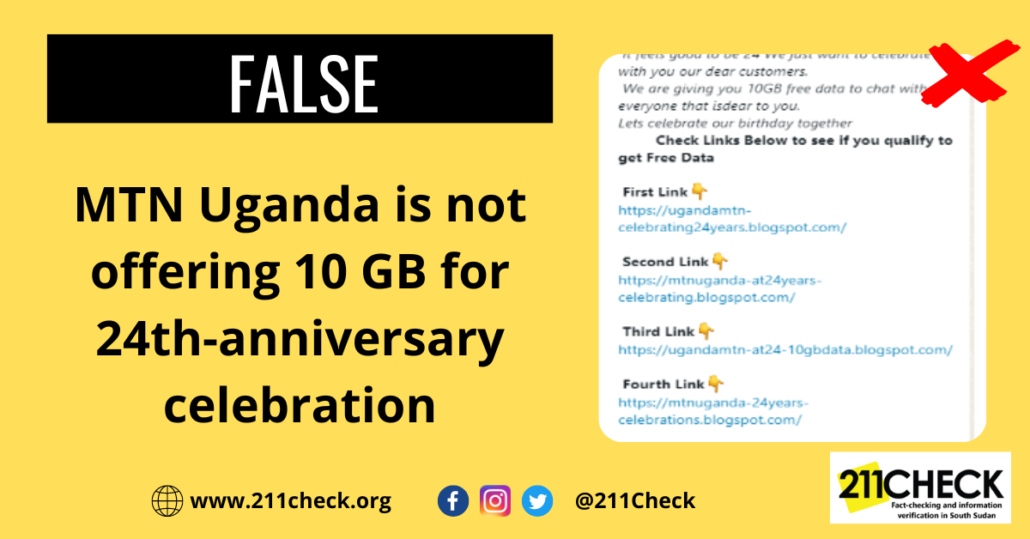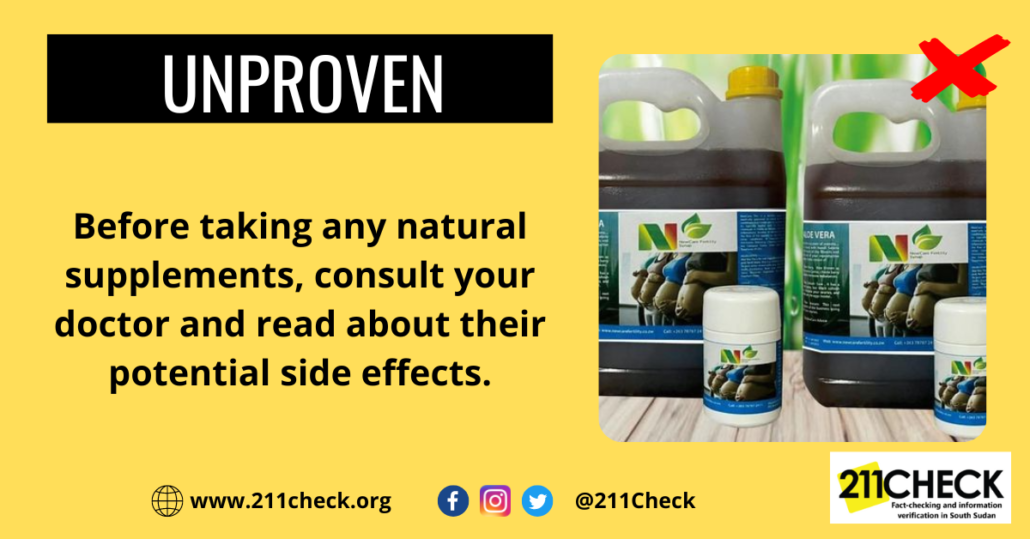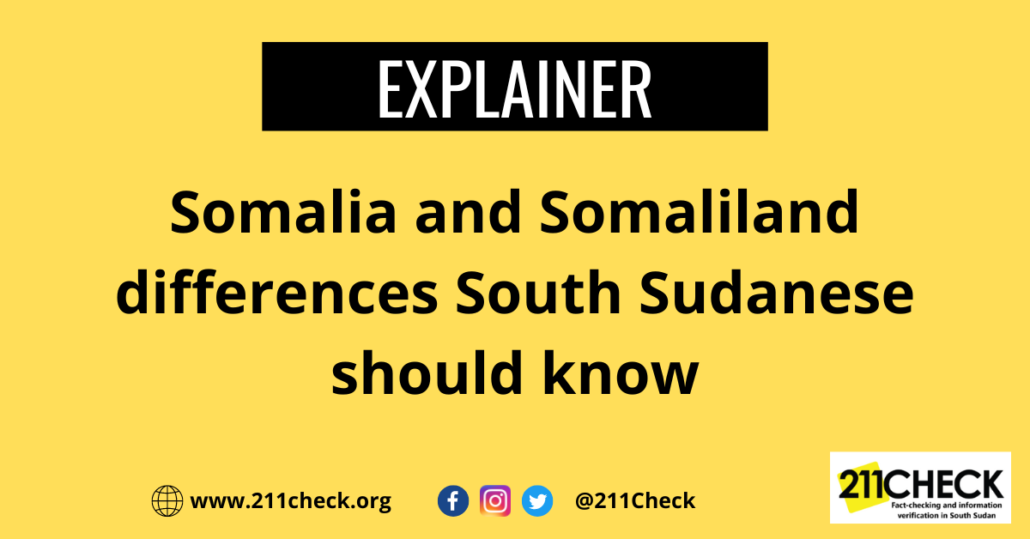Blog: Why does the digital divide between men and women appear to grow?
Women and girls are underrepresented online due to digital illiteracy and irregular access to digital devices, platforms, and services.
Writer: Beatrice Amude Paulino
UN Human Rights says that women and girls are nearly 15% less likely to be online than men worldwide. However, experts say that this digital gender gap can be closed by educating women and girls, ensuring they have internet access, and helping them learn new skills.
The case is no different in South Sudan; a female social media user who recently lost her Facebook account to hackers, Nadab Bushari Ali, blames the divide on digital illiteracy and a lack of proper formal education for most women.
“Since April 2022, my account has been hacked, and I lost a lot of things because I tried to log in, and it is not going through. Women are not digitally literate because most of them are not educated,” Nadab Bushari Ali narrated in an interview with 211 Check.
Digital technologies generate, store, or process data. Digital technologies keep growing. Internet and mobile technologies; digital networks, content, services, and applications; old and new media, communication, and information-connected devices and environments; virtual and augmented reality; AI, including machine learning; robotics; automated systems and data analytics; biometrics and biotechnology.
Online experiences and opportunities are essential for kids’ development. Online education, formal and informal learning, health and well-being information and support, creative and cultural practice, civic engagement and expression of ideas and opinions, leisure and peer connections, employment, career information, and entrepreneurship opportunities.
Digital literacy is linked to higher earning potential and new economic opportunities.
Disabled and gender-related access gaps persist in geography, economics, and society. Closing the digital divide for all children requires individualised strategies.
Is there a gap in women’s and girls’ digital adoption compared to men’s and boys?
According to the report of UNICEF 2020, most data available to quantify this gap focuses on adults only, not children. The international Telecommunications Union (ITU) reports that more than 50% of women are offline.
According to the Digital 2022 South Sudan report, at the start of 2022, 27.3% of Facebook’s audience in South Sudan was female, while 72.7% was male and in the same year, 24.9% of females were using Instagram while 75.1% were male.
In early 2022, 24.2% of Facebook messenger users were female, and 75.8% were male. In early 2022, 25.2% of LinkedIn’s audience in South Sudan was female, while 74.8% was male.
| Platform | % male | % female |
| 72.7% | 27.3% | |
| Messenger | 75.8% | 25.2% |
| 75.1% | 24.9% | |
| 74.8% | 25.2% |
How vulnerable women are to social media and cybersecurity-related issues?
Safety Comm Coordinator Ariik Robert Ajack says women and girls are susceptible to revenge porn, cyberbullying, and harassment. “There is no specific data, but we have handled many revenge porn cases,” he said.
Helen Ladu, a social media user whose Facebook profile was compromised, stated that the incident caused her to lose a lot of friends and family contacts.
“My account was hacked. I felt so sad and confused because I lost a lot of friends and family contacts,” she told 211 Check.
Noel Taban, a Journalism, Media, and Communication student at the University of Juba, sees things differently. He believes that because of South Sudanese culture and norms, some women are not considered to participate in particular social media platforms.
“Women are used to advertising a pornographic business, to attract customers, especially males. The abuse has led women to become less active or even inactive on social media,” he says.
What is the impact of the gender digital divide?
Girls and women cannot participate equally in our increasingly digital societies unless they have equal access to technology and the internet. Girls and women are held back in this area in every aspect of their lives, including their ability to speak out and campaign on issues that matter to them.
Furthermore, if girls and women are not involved in creating digital tools and online content, existing inequalities may be exacerbated.
How can we bridge the digital divide?
To bridge the gender digital divide, African governments must implement legislative, policy, administrative, and practical measures to address existing structural inequalities in income, education, and employment opportunities and to remove political, economic, legal, cultural, technological, and social barriers that prevent women and girls from using the internet and ICT. These measures should ensure more women and girls have affordable internet and digital devices, meaningful connectivity, and good digital literacy and skills. To close the digital gender gap, countries must collect and share gender- and age-disaggregated data on ICT access and use it to track and evaluate progress and shape policies to promote women’s and girls’ digital rights on the continent.
Empowering women and girls with internet and digital technologies could help them start businesses and access education, health, social, and financial services. It could also empower women and girls to participate in governance, associate, assemble, and express themselves on digital rights issues, and develop relevant content. Increase women’s leadership and decision-making roles in ICT.
Bridging the digital divide for women and girls is both complex and daunting. Still, hopefully, if the public and private institutions and organisations stand to address it, the gap will be reduced.
This blog post was published as part of the Fact-checking and Digital Rights Fellowship in the context of the Africa Digital Rights Fund with support from the Collaboration on International ICT Policy in East and Southern Africa (CIPESA).


